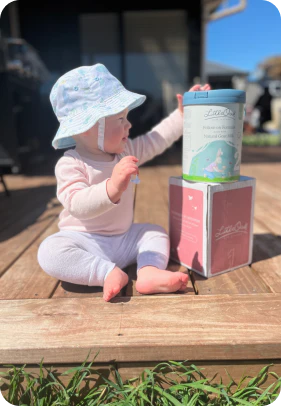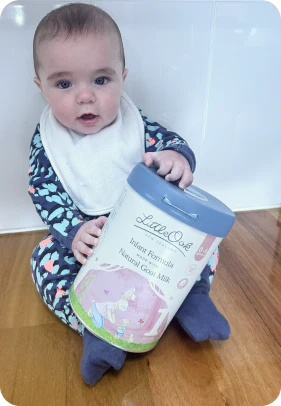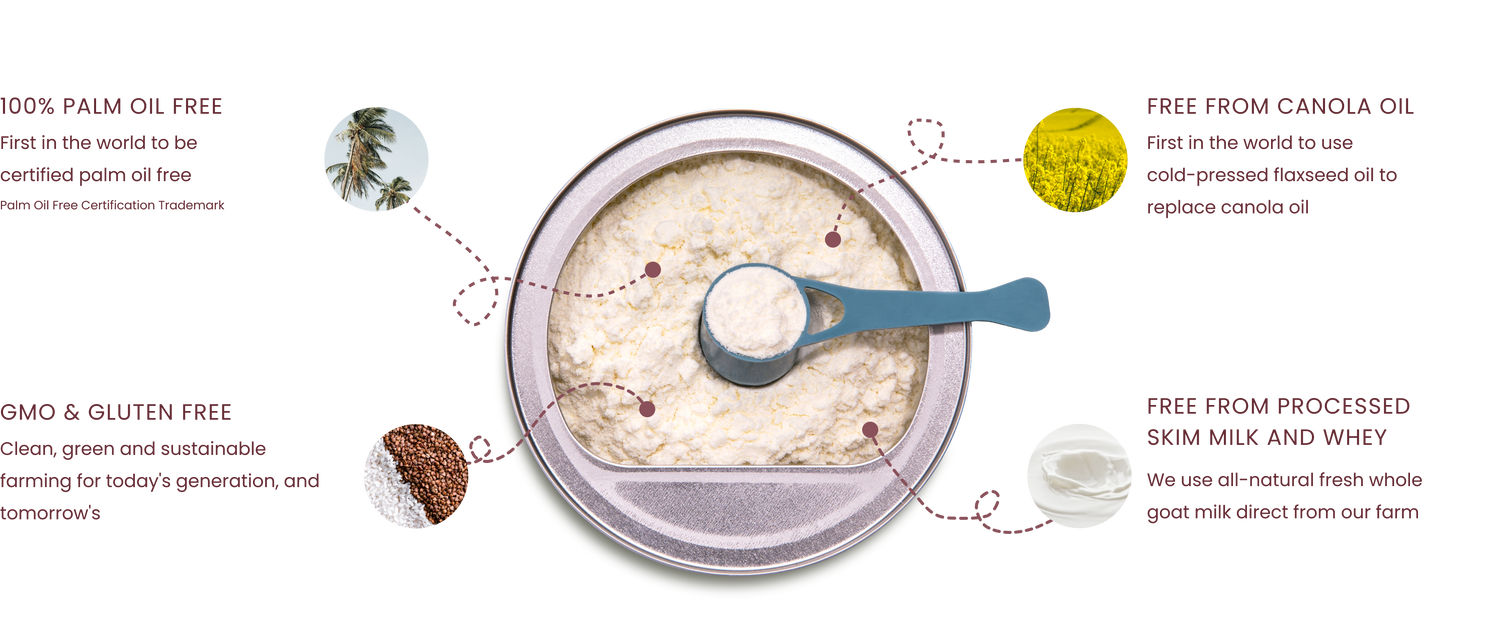While we may not talk about it much, our gut plays a huge role in keeping our bodies healthy. Breaking down the foods we eat and absorbing essential nutrients, our gut (which includes the stomach, intestines and colon) is hard at work every day. The collection of bacteria, viruses and fungi that live in your large intestine make up what we call the “gut microbiome,” a complex system that serves a vital function in our overall health.
We recently sat down with naturopathic doctor, Dr. Anna Garber to discuss all things gut health. How can we achieve it? How can we identify gut health issues? And what are the best practices? Read on to learn more, and better yet, hear from Dr. Garber herself, in our latest podcast.
Watch ‘em like a hawk
Depending on the age of your little one, it can be tricky to identify issues with your child’s gut health. Still learning about their bodies, young children may not yet have the vocabulary to communicate what they’re feeling. For us as parents, this was perhaps the biggest takeaway from our conversation with Dr. Garber: we are their advocates, their listeners, and their observers. For little ones that can’t yet articulate their symptoms, we can watch their body language and ask probing questions to get a better sense of how they’re feeling. After all, you know your child better than anybody, so trust your instinct.
Identifying gut health issues
If your child is experiencing persistent digestive issues—such as reflux, constipation, diarrhoea, gas, or bloating—these could be potential signs of more serious, underlying problems. If ongoing, it’s important to consult a healthcare practitioner so they can offer guidance and potential testing options to investigate and address the root cause. This might seem obvious, but pain is the most crucial symptom to watch out for—be sure to stay alert for any signs of discomfort. It’s not called our body’s ‘alarm system’ for nothing.
Best practices
It’s completely okay for your little one to indulge occasionally—in fact, Dr. Garber says that dietary diversity is crucial for gut health (far more important than any strict adherence to dietary restrictions). So, be sure to include plenty of fruits, vegetables, meats, proteins, and fats. Our first superstar: fibre. As a carbohydrate that can’t be absorbed into the body, it helps move food through your digestive tract and even feeds gut bacteria—#DYK this helps promote a diverse gut microbiome? Probiotic-rich foods are also a great addition, as they help introduce good bacteria into your child’s digestive system.
What foods should you limit?
While it’s unrealistic to follow dietary recommendations 100% of the time, some foods do have the potential to disrupt the gut microbiome and are best avoided where possible. That said, don’t feel guilty about indulging occasionally—like Dr. Garber says, it’s all about moderation. Unsurprisingly, high-sugar foods, highly processed foods, and artificial sweeteners should be consumed with caution. In case you missed it, check out our recipes tab for some wholesome, nutritional recipes for your little one.
The importance of good gut health in children can’t be emphasised enough. Imagine it as the central hub of our bodies, transforming the food we eat into the nutrients we can use. At LittleOak, we’re committed to providing nutritionally complete products, ensuring the well-being of growing little ones around the world.
…...
LittleOak has been nourishing children for many years and feeds millions of infants and babies across the globe each and every day, in countries such as Australia, New Zealand and Singapore. In the US, we're proud to have our FDA compliant Toddler Milk available for families.



























